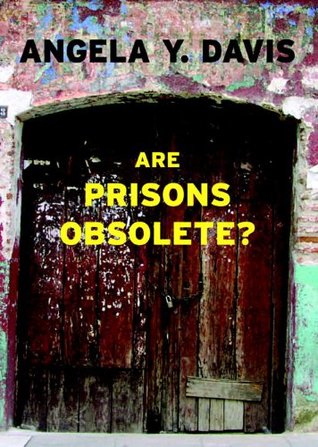According to dominant views, women convicts were irrevocably fallen women, with no possibility of salvation. If male criminals were considered to be public individuals who had simply violated the social contract, female criminals were seen as having transgressed fundamental moral principles of womanhood. The reformers, who, following Elizabeth Fry, argued that women were capable of redemption, did not really contest these ideological assumptions about women’s place. In other words, they did not question the very notion of “fallen women.” Rather, they simply opposed the idea that “fallen women”
...more
This highlight has been truncated due to consecutive passage length restrictions.


